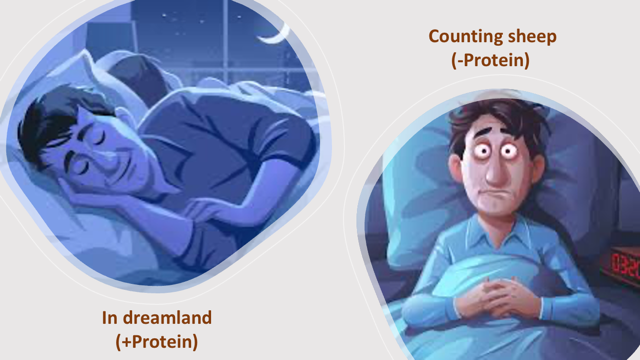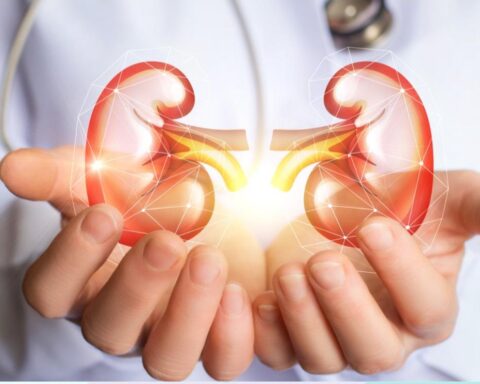Are you a light sleeper, the sort that wake up at the slightest sound? Don’t brag about it, because it could be a sign that you are not eating enough protein! Sleep without doubt is essential for healthy physiology and bodily function. And having to wake up every so often during the night could be exhausting and may in some cases result in mental illness.
Duration of sleep and timing is different among animals and humans, for example, the African elephant sleeps only about four hours a day while the armadillo sleeps over 18 hours a day! In humans, sleep duration could be as little as 5 hours a day or as high as 10 hours. Geography, evolution and genetics influence sleep patterns among animals of the same species.
Join our WhatsApp ChannelIn the March 2023 edition of the journal, Cell, Iris Titos and coworkers were able to show that flies and mice sleep soundly when fed with diets rich in protein. The key to deep and restorative sleep, the scientists found, was a peptide called CCHa1 (peptides are short chains of amino acids). CCHamide1 (or CCHa1), is a neuropeptide that is linked to nutritional conditions and the modification of olfactory sense. It regulates the gut-to-brain signalling pathway and uses information contained in ingested nutrients to control the rate of arousal from sleep, without affecting sleep duration. In other words, CCHa1 decreases sensory responsiveness.
Upon consumption of protein by the fly (Drosophila), the endocrine cells in the fly’s gut are activated to increase production of the peptide, CCHa1. This peptide sends signals to a small group of dopamine neurones in the brain to regulate behavioural responsiveness to mechanical stimulation.
READ ALSO: 12 Tips For Stress Management And Improved Well-being
The report presented by Titos and coworkers, shows that when the CCHa1 peptide or its receptor was deleted, sleeping flies become more sensitive to vibrations. The loss of the peptide also affects their sleep patterns in that they sleep in snatches, took longer time to fall asleep, and when they did, they slept less compared to normal flies with intact CCHa1 peptides. Sensory arousal, according to the workers, was controlled by CCHa1 from the gut, but sleep consolidation and timing were regulated by CCHa1 from the nervous system.
It was further observed that flies fed with food rich in protein but not containing any fat or sugar, had increased amount of the peptide CCHa1 in their guts, and this in turn resulted in decreased arousal from sleep. The same observation was made with mice fed with fat- and sugar-free protein foods. This suggests that protein stimulation of the gut-to-brain signalling pathway may be conserved in mammals.
READ ALSO: If You Can’t Sleep, Count Sheep
Based on the study, it seems that it might be a good idea to supplement your diet with as much protein as possible if you have difficulty sleeping at night.















